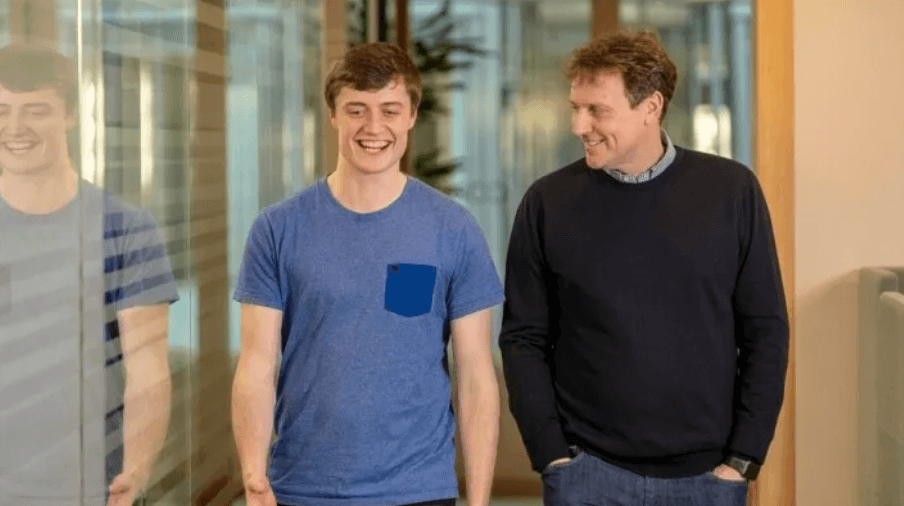As we head into Scottish Apprenticeship Week in March, this month’s column focuses on Forrit, a finalist in the associated Scottish Apprenticeship Awards. Founder and CEO Peter Proud tells us why work-based learning is so important to his company.
There is probably no other SME in Scotland, or certainly any technology company, that’s as committed to apprentices as Edinburgh-based Forrit. And that is with good reason.
Founder Peter Proud got his first career break thanks to an apprenticeship back in 1986 with Marconi, which then led him to a successful tech career ending up as a senior Microsoft executive in the US before setting up Cortex Worldwide, the forerunner to Forrit back in 2014
Within a year of setting up the software development company, Peter employed his first apprentice, and since then 14 have come through his door, with apprentices now making up 15% of his workforce (some of which started as Modern Apprentices, then progressing on to the graduate programme).
Peter believes apprenticeships offer the most effective way of plugging the growing skills gap in tech. “I see so many people sitting on the fence bleating about the lack of skills, yet I see very few of those same people putting their money where their mouth is, and investing in new talent to help solve the problem,” he said.
“Apprenticeships are vital for the future of the tech sector, and more companies should be doing more to help themselves, our young people and the tech industry as a whole. It’s a no brainer as far as I’m concerned.”
One of the worries that Peter often hears when talking to others about work-based learning is the fact they spend so much money training staff, then those employees leave and employers don’t recoup the investment.
Peter argues that such a narrow mindset is not only potentially damaging for individual businesses, but also the sector as a whole.
“Firstly, even if someone leaves us after they finish their apprenticeship, we have always – without fail – got a return on the investment. And secondly, it wouldn’t bother me too much if we didn’t see a 100% return as long as those individuals stay in the tech ecosystem, and in turn the skills pipeline, contributing to Scotland’s economy as a whole.”
Peter added: “We don’t employ apprentices for altruistic reason, we employ them because it makes great business sense to do so. The fact we are helping out the wider sector while helping young people kick start their careers along the way is very welcome, but it’s just a bonus.”

The company currently has Graduate Apprentices supporting a range of business areas, working across Software Development, Cyber Security, IT Management for Business and Business Management. Peter also uses apprenticeships to help upskill existing employees as well recruiting new talent.
Forrit has been shortlisted in this year’s Scottish Apprenticeship Awards, not only for their commitment to work-based learning, but also because of their passion for diversity and inclusion. The company works with dresscode and the Ada Lovelace Festival (amongst others) to get the message across that tech isn’t just for males.
Peter enthused: “We do our best to champion women, but we’ve only had three female software engineers in the six years we’ve been running our programme. The lack of equality in the tech sector is a national embarrassment and disgrace really.
“But the reality is young girls are not being given the right direction or support at schools, and this means females are not even aware of the wealth of opportunities out there, never mind applying proactively for tech-related jobs.”
A diverse workforce, particularly in the context of apprenticeships, can only help build any business according to Peter. “They bring amazing energy and a fresh eye to things which strengthens our operation and the support we provide our customers.
“Our most recent Graduate Apprentices have made a fantastic contribution already, and their diverse backgrounds – including one who is a decorated RAF veteran – have let us tap into an undervalued talent pool.”
Peter concluded: “Apart from setting up the company itself, taking on apprentices is the best thing I’ve ever done. Training and nurturing young talent is one of my proudest achievements.”
You would be hard pushed to find a more ringing endorsement of apprentices than that.